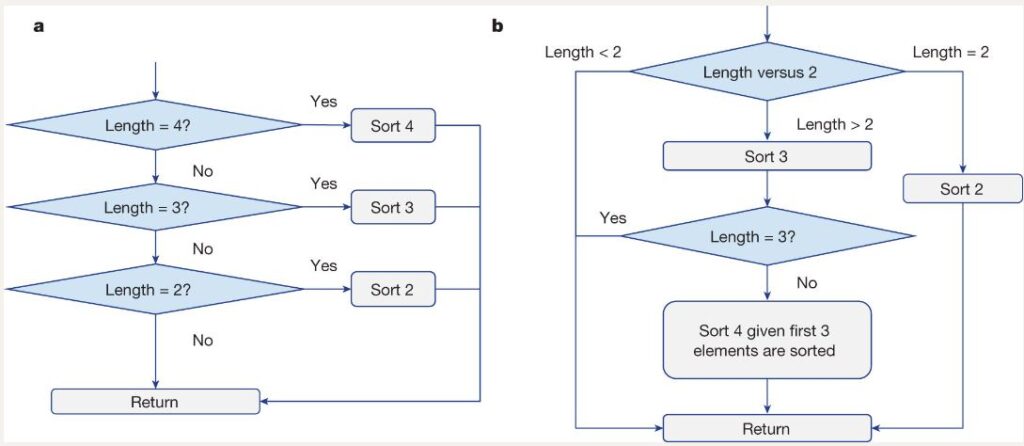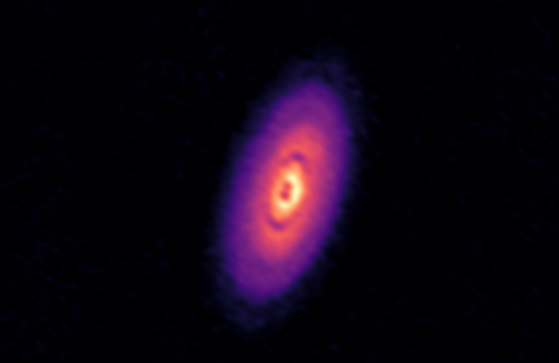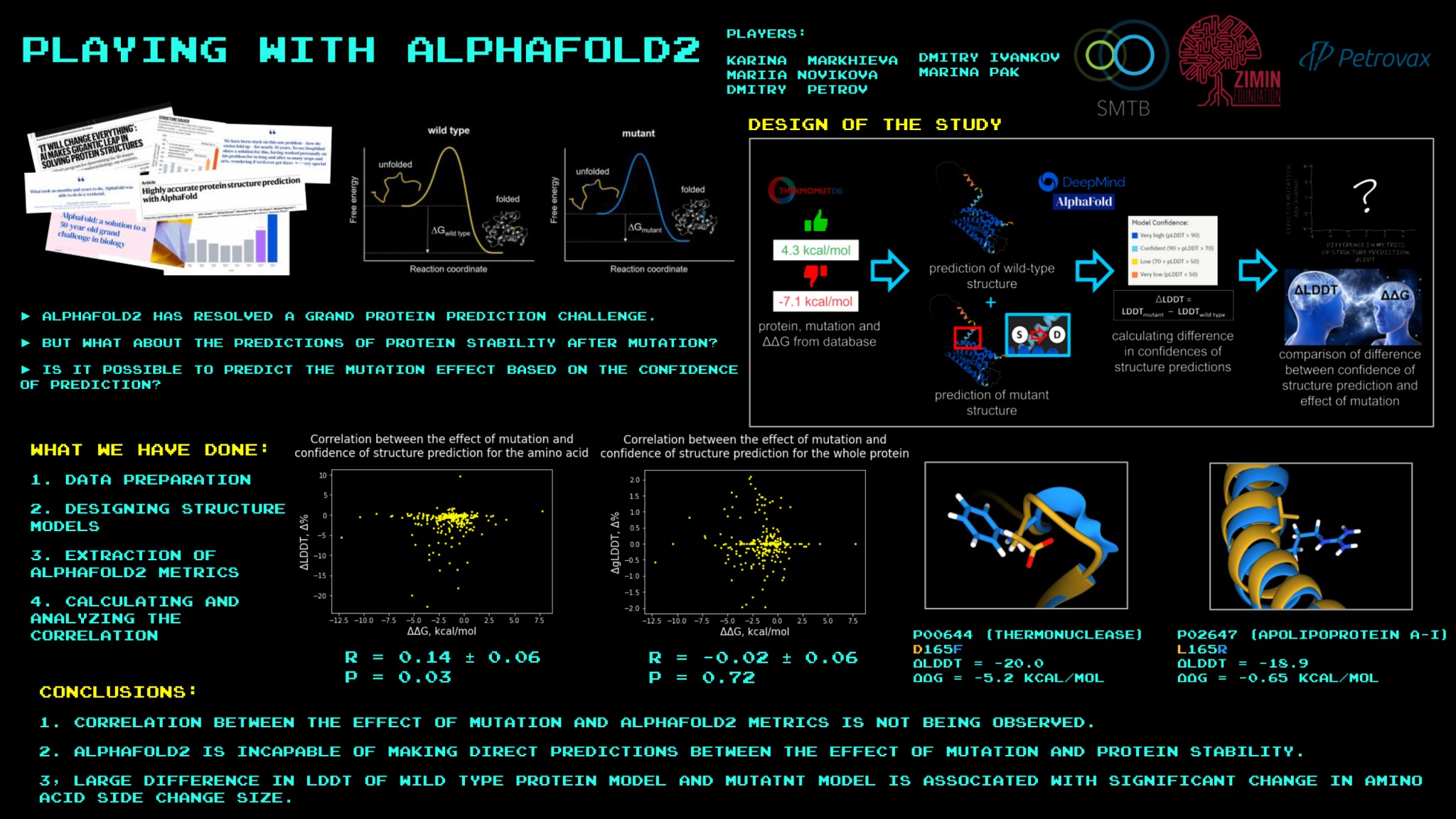
AI tagged posts


Researchers chart course for the design, testing, and implementation of next-gen AI in medicine.
Most medical AI models in use today are trained to perform one or two specific tasks and have limited utility. Next-generation AI — called generalist medical AI — incorporates various types of data to perform a variety of complex tasks in a range of clinical scenarios. Generalist medical AI can reshape medicine by augmenting clinical decision-making, real-time surgical and bedside support, and more.
The vast majority of AI models used in medicine today are “narrow specialists,” trained to perform one or two tasks, such as scanning mammograms for signs of breast cancer or detecting lung disease on chest X-rays.
But the everyday practice of medicine involves an endless array of clin...
Read MoreThe exoplanet was detected using machine learning, a branch of artificial intelligence

A University of Georgia research team has confirmed evidence of a previously unknown planet outside of our solar system, and they used machine learning tools to detect it.
A recent study by the team showed that machine learning can correctly determine if an exoplanet is present by looking in protoplanetary disks, the gas around newly formed stars.
The newly published findings represent a first step toward using machine learning to identify previously overlooked exoplanets.
“We confirmed the planet using traditional techniques, but our models directed us to run those simulations and showed us exactly where the planet might be,” said Jason Terry, doctoral student in the UGA Franklin Colleg...
Read More
A bioinformatics boot camp for high schoolers at Skoltech turned into a venue for the latest chapter in the ongoing contest between humans and artificial intelligence in science. Having earlier resolved a key 50-year-old problem of structural bioinformatics, the breakthrough AI program AlphaFold proved inapplicable to another challenge researchers in this field are faced with.
This finding is reported in a PLOS ONE study, whose authors refute the claims by some AlphaFold enthusiasts that DeepMind’s AI has mastered the ultimate protein physics and is the be-all and end-all of structural bioinformatics.
Structural bioinfor...
Read More






Recent Comments